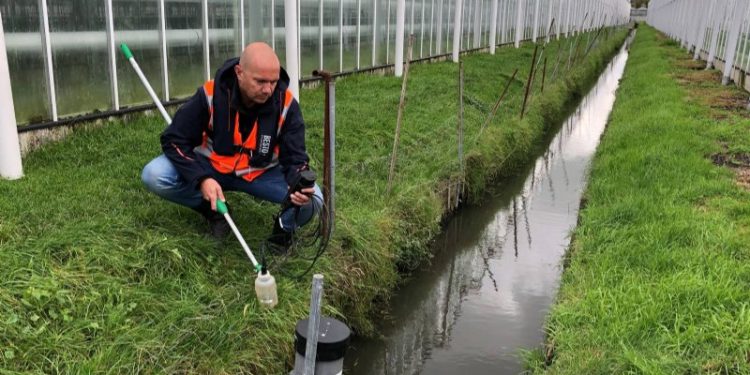In this article, we delve into the cutting-edge advancements in agricultural technology that are revolutionizing virus detection in watersystems. Using the latest data from Nieuwe Oogst, we explore how portable sensors are becoming the new guardians of crop health, benefitting farmers, agronomists, agricultural engineers, farm owners, and agricultural scientists alike.
Data Source: Nieuwe Oogst – “Handzame sensor voor detectie van virussen in watersysteem nabij” (Portable sensor for virus detection in agricultural watersystems) – July 17, 2023.
Maintaining the health of crops is crucial for farmers and agriculturalists, and this includes safeguarding them against viral infections. Detecting viruses in watersystems that surround agricultural fields has been a challenge, but a groundbreaking solution is emerging in the form of portable sensors. As per the latest data from Nieuwe Oogst, these hand-held devices are proving to be game-changers in ensuring timely virus detection, allowing for swift action to protect crops.
The portable sensor works by analyzing water samples for the presence of viral RNA, providing a quick and accurate assessment of virus contamination in agricultural watersystems. The speed and ease of use of these sensors make them an indispensable tool for farmers and agricultural engineers to monitor the health of their crops and implement necessary measures to prevent potential outbreaks.
By continuously monitoring the watersystems near their fields, farmers can proactively respond to potential viral threats, preventing the spread of diseases and safeguarding their crop yields. Agronomists and agricultural scientists can also use this data to study disease patterns and develop targeted strategies to manage viral infections effectively.
The impact of portable virus detection sensors goes beyond individual farms. At a broader scale, the early detection of viral pathogens can aid in preventing regional outbreaks, thus safeguarding the agricultural industry as a whole. The ability to quickly identify and respond to viral threats also reduces the need for excessive pesticide usage, promoting more sustainable and environmentally friendly agricultural practices.
In conclusion, the advent of portable sensors for virus detection in agricultural watersystems represents a significant advancement in crop health management. By empowering farmers, agronomists, agricultural engineers, farm owners, and agricultural scientists with real-time data, these sensors are transforming the way we protect crops from viral infections. As we continue to innovate and embrace technology in agriculture, portable virus detection sensors serve as invaluable tools for ensuring food security, sustainability, and the overall well-being of the agricultural community.
Tags: Virus Detection, Portable Sensors, Agricultural Watersystems, Crop Health, Agricultural Technology, Early Detection, Sustainable Farming, Disease Management, Agricultural Innovation, Crop Protection.













